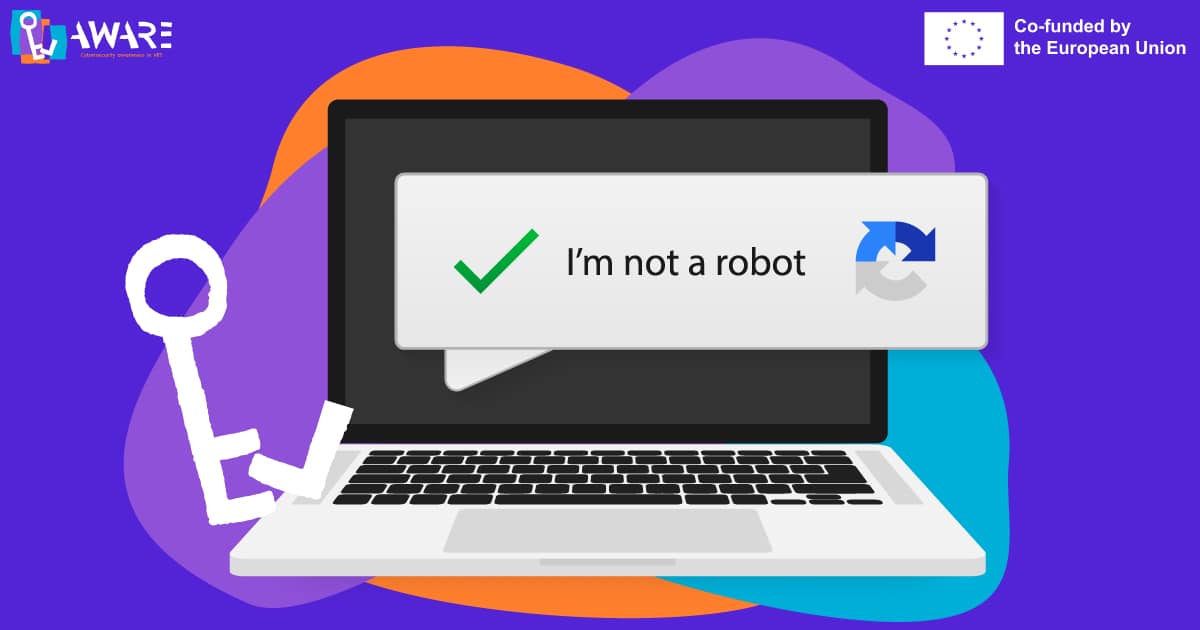In the digital age, where online threats and malicious activities have become more widespread, it has become essential for websites to implement robust security measures to protect user data and prevent unauthorized access.
One such measure is CAPTCHA, an acronym for Completely Automated Public Turing test to tell Computers and Humans Apart. CAPTCHA is widely used to distinguish between human users and automated bots, ensuring that only genuine individuals gain access to a website or perform specific actions. In this blog post, we will dive into the structure and significance of CAPTCHA, exploring how it strikes a balance between security and user experience.
- What is the purpose of CAPTCHA?
Its purpose is to ensure that website interactions are performed by real humans rather than automated bots. It helps prevent malicious activities such as spamming, hacking, or unauthorized access by verifying the user’s identity.
- How does it differentiate between humans and bots?
CAPTCHA works by presenting challenges that are easy for humans to solve but difficult for bots. One common approach is using distorted or obfuscated text that requires users to decipher and enter the correct characters. Other methods include image recognition, logical puzzles, or behavioural analysis.
- What are the common types of CAPTCHA?
There are several types commonly used. Image-based CAPTCHA requires users to select specific images that match a given criterion, while audio-based CAPTCHA presents challenges in the form of distorted or spoken words that users need to transcribe. reCAPTCHA, developed by Google, combines multiple challenge types, including image recognition, audio challenges, or behavioural analysis.

- What are the key challenges in designing an effective CAPTCHA system?
Designing an effective CAPTCHA system involves addressing various challenges. It is crucial to strike a balance between security and usability, ensuring that the challenge is not too difficult for humans but still poses a significant barrier for bots. Additionally, accessibility concerns need to be considered, as some CAPTCHA types may be difficult for users with visual or hearing impairments.
- How can CAPTCHA protect against automated attacks such as brute force or credential stuffing?
By forcing bots to solve challenges, it prevents brute force attacks and credential stuffing, where bots try multiple combinations of usernames and passwords to gain unauthorized access. Shown it the pictures below is CAPTCHA challenge after putting in wrong LinkedIn user password multiple times. This challenge is used to protect from bots trying multiple password combinations.


- What are the potential drawbacks of using CAPTCHA?
Despite its benefits, CAPTCHA has some drawbacks. Users might find the extra step of solving a challenge annoying or time-consuming, potentially leading to frustration and abandonment of the website. The impact on user experience depends on its implementation. It is essential to minimize the disruption caused by CAPTCHA, making it as seamless and user-friendly as possible. For example, integrating CAPTCHA into the natural flow of user interactions and providing clear instructions can enhance the overall user experience.
CAPTCHA can also pose accessibility challenges for users with disabilities, such as those with visual impairments who may struggle with distorted text challenges.
- How effective is it in preventing automated bots?
CAPTCHA is generally effective in preventing automated bots, but advanced bots can sometimes bypass or defeat certain implementations. Ongoing research and advancements are necessary to stay ahead of evolving bot technologies.
- Are there any emerging trends in CAPTCHA technology?
Emerging trends in CAPTCHA technology include the integration of more sophisticated challenges, such as recognizing objects within images, solving complex puzzles, or analysing user behaviour in real-time. Machine learning algorithms are also being leveraged to continually improve the effectiveness and efficiency of CAPTCHA systems.
- Can CAPTCHA be bypassed or defeated by advanced bots?
It is important to recognize that while CAPTCHA adds an additional layer of security, it is not fool proof. Advanced bots and techniques can occasionally bypass or defeat CAPTCHA systems. Therefore, continuous innovation and improvements in design are necessary.






